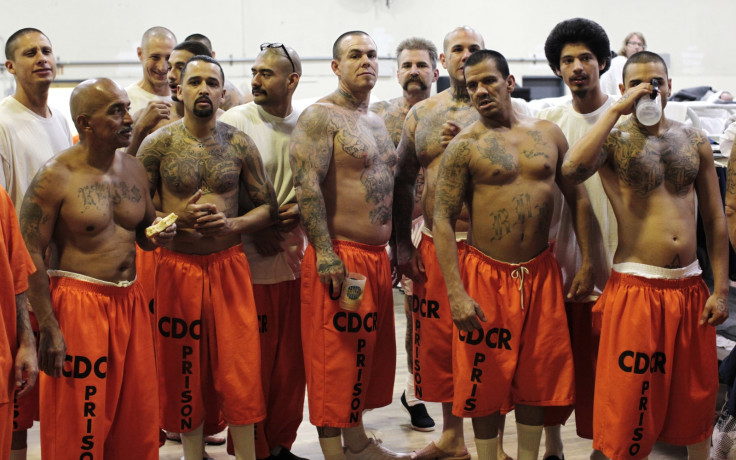US prisoners in nationwide strike against 'prison slavery' and poor conditions
Improvements demanded to 'horrendous' meals and solitary confinement policies.

Prisons in the US are on shutdown as prisoners protest for better living conditions, basic human rights and the end of "prison slavery" – forced work for little or not pay. Nationwide protests started on Saturday (9 September) and are set to continue on 10 September.
The Incarcerated Workers Organising Committee (IWOC), who organised the protests with the prisoner run Free Alabama Movement, said in a statement: "Prisoners are forced to work for little or no pay. That is slavery."
The IWOC have said that the protests, carried out by the prisoners, will be non-violent. Methods include hunger strikes, refusal of normal routines and non-participation in activities and work schedules.
Prisons located in Alabama, South Carolina, North Carolina and Guantanamo Bay are participating in the protests.
Slave labour?
Prisoners in the US work carry out general maintenance work in their prison – primarily cooking and cleaning.
But in 37 states, prison labour for external companies has been legalised. Tasks can include picking cotton, construction and manufacturing police gear. Inmates are also protesting the low wages for this work.
The national average wage for a prisoner earn is $4.73 (£3.57) compared to the US federal minimum wage of $7.50 per day.
However, prisoners working for the government-owned Federal Prison Industries corporation (Unicor) may earn as little as $0.12 an hour – less than $1 for an 8-hour day's work.
The IWOC said: "We hope to end prison slavery by making it impossible, by refusing to be slaves any longer."
The charge of prisoners being "slaves" is potentially politically incendiary, as data from the 2014 US census revealed that there are 2.2 million male prisoners in the US, of which 35% of those in local jails and 37% in prisons were black. Blacks make up 12% of the US population.
The work carried out by prisoners working for Unicor is only provided to US federal agencies, and can include manufacturing military hardware.
Cruel and unusual foods
Prisoners are demanding an improvement to "horrendous" meals – such as the use of "Nutraloaf", full meals that are pureed and then baked – said Brianna Peril, co-chair of the IWOC and former prisoner, told The Independent.
The protestors also want changes to solitary confinement policies. "Prisoners are left in solitary confinement for years on end, which is torture, literally," Peril said.
US law requires each state to provide inmates with "adequate accommodation, food and water, sanitation and healthcare, access to light, fresh air and exercise".
Attica anniversary
The protests occurred on the 45th anniversary of the Attica Prison riot, which happened on 9 September 1971. The prisoners then protested for better living conditions and more rights.
They IWOC also said: "Forty-five years after Attica, the waves of change are returning to America's prisons," said the IWOC. "This September we hope to coordinate and generalise these protests, to build them into a single tidal shift that the American prison system cannot ignore or withstand."
Chelsea Manning, the former soldier who provided WikiLeaks with classified material and was sentenced to 35 years in prison, is currently on hunger strike in a Kansas prison until she is given "minimum standards of dignity, respect and humanity". Her action does not appear to be connected with the IWOC and Free Alabama Movement strikes.
© Copyright IBTimes 2025. All rights reserved.



















